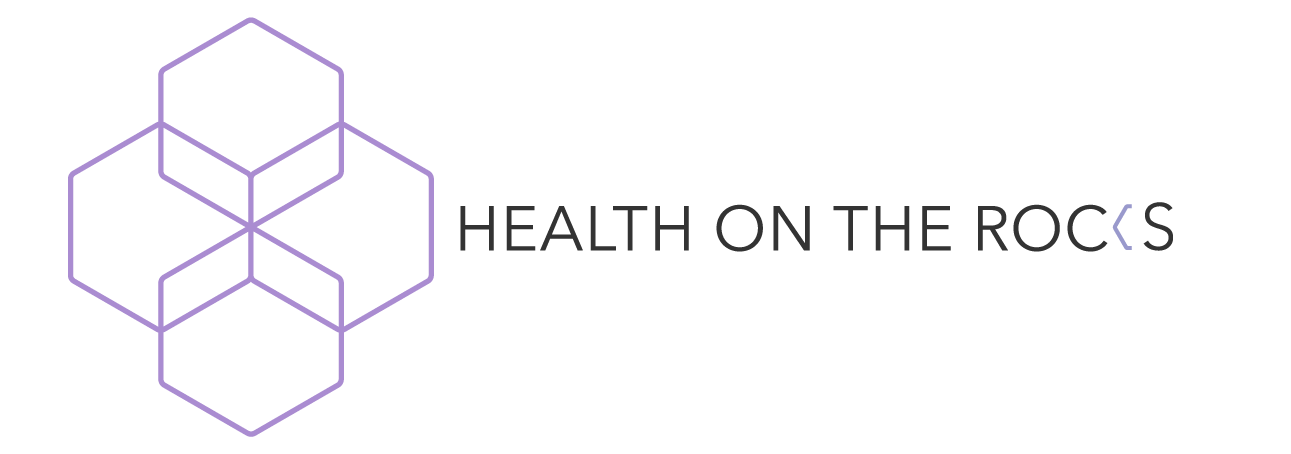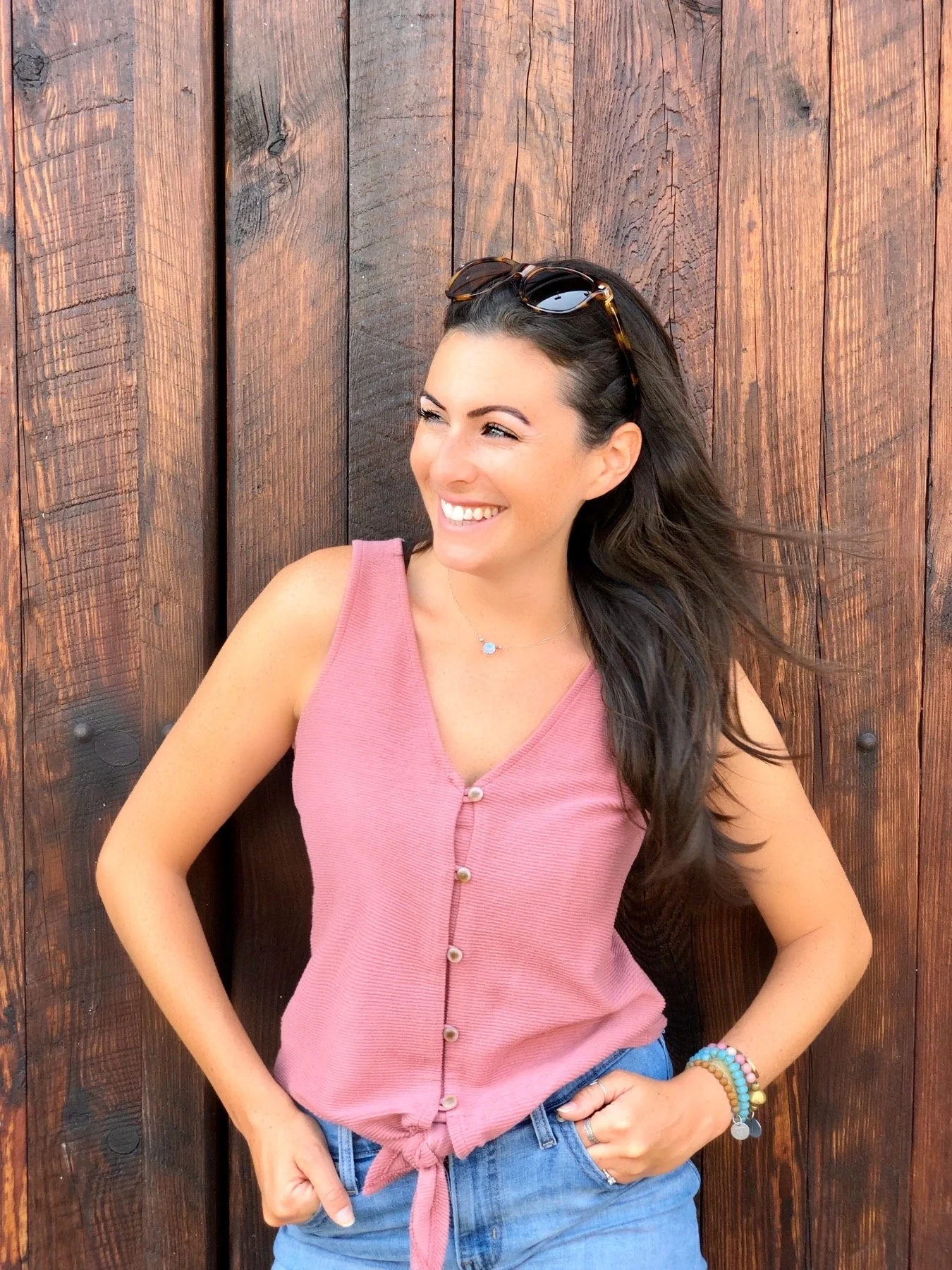They say lightning never strikes twice.
Well, as of last week, I happen to know for a fact that it does.
The sky is a dull haze of gray as we take off from the Cusco airport in Peru, a charming mountain town with an elevation nearly as wicked as its spicy cuisine. We’re en route to Lima, where a fancy dinner reservation awaits us, a final meal before we head back to the States.
That dinner never happens.
About ten minutes after our departure, there’s a bit of turbulence as Cusco fades from view and a thick, textureless fog overtakes the plane.
An early morning of Amazonian jungle activities has me beat, and I start to doze off listening to a podcast interview with Thich Nhat Hanh, a Vietnamese zen mindfulness guru, speaking on the topic of suffering and how we should aim not to avoid it, but to embrace it as a tool for cultivating compassion and an awakened appreciation for all life has to offer, both the dark parts and the multitudes of tiny miracles we take for granted every day.
Amen, Thich Nhat Hanh. Amen.
I’m floating in and out of sleep, half dreaming and half pondering the casual miracles of life, when—
BAM!
My eyes are closed, but I can still see the flash through my eyelids. More importantly, I feel the flash, which shakes the entire plane in a quick, sharp jolt, like someone pushing you from behind suddenly. Reflexive gasps and screams reverberate through the cabin, as previously silent passengers start to sit up, look around, and whisper feverishly in different languages.
I pull out my headphones and turn to my travel buddies.
“What the hell was that?”
A heavy, expectant silence ensues, as we passengers wait impatiently for an announcement over the intercom, hopefully a friendly voice assuring us not to worry, this kind of thing happens all the time.
Instead, a sparse series of dings and the occasional flashing of a “fasten seatbelt” sign.
I take a long, shaky breath and tighten my seatbelt.
Some more time goes by. Still nothing.
I put away my headphones and pull out my paperback, trying unsuccessfully to concentrate on the words, as I compulsively glance out the window and read the same three sentences over and over again.
The turbulence continues. I can’t help but think about that scene from the pilot episode of “Lost” as I take a long, unsure breath.
A couple more dings from the seatbelt sign, and then—
BAM!
Again? What the hell is going on?
Now people are starting to lose their shit. Serious conversations begin flying around in every direction in every language. Spanish, German, English, French. Turns out, losing your shit sounds just about the same in every language.
Once again, an excruciating silence ensues from the captain and crew, until finally, mercifully, the captain’s voice comes over the intercom, rambling something in Spanish I don’t quite catch in a tone that isn’t panicked per se, but certainly less than reassuring.
More chatter, more verbal chaos. All the while the plane is shaking and rumbling.
A flight attendant gets on the speaker and informs us, in English, that we’ve been struck by lightning, and we’re going to have to make an emergency landing and head back to Cusco.
Oh, crap.
People start whispering frantically again, eyes wide, hands clutching armrests. A woman down the aisle from me bows her head and mumbles a prayer in Spanish.
The plane tilts and around we go, headed back from where we came, and back into the heart of the storm, the only way down.
The temperature in the cabin starts to descend, or so I sense, as I notice myself shivering.
If I make it out of this storm, I will be soooo mindful! Like, the most mindful person ever! I won’t take anything for granted!
After what seems like an hour, but I think was actually around 25 minutes, the plane touches down successfully in Cusco, as passengers applaud and hug.
The collective sigh of relief feels palpable.
Eventually, people start to snap back into their individual lives, the thick bind of shared experience slowly unraveling, as people take out their phones, turn to their travel partners, and collect their belongings, the stiff formality of strangers in a room taking hold once again.
“Welp, I guess we’re gonna miss dinner,” my fiancé says, always cool as a goddamn cucumber.
“Things could be worse,” I say.
“I think I’m ready for a beer,” my friend Jeremy adds. Jeremy always has the best ideas.
Nods all around.
Beer’s not really my thing, stubbornly healthy as I am, but later, in the airport, after being chaotically rerouted amidst a scene of screaming travelers not unlike Lord of the Flies, I purchase a mini bottle of twist cap Malbec from a sandwich stand.
And, I gotta say, this stupid little bottle of mediocre airport Malbec is one of the best glasses of wine I’ve ever had in my life. It’s sour-sweet juices flow deliciously down my throat and warm my chest, making me feel instantly cozy, like petting a kitten or putting on a soft sweater straight out of the dryer.
Wine is so good.
Life is so good!
My fiancé is so good!
My friends and my family and my whole friggin’ existence is so good!
And for one fleeting moment of extreme, exhilarating clarity, I have a pure and unadulterated understanding of zen mindfulness, an understanding I’ve never quite been able to grasp on my yoga mat or in meditation class. And like the “ding!” of a fasten seatbelt sign, a light goes off in my head.
Oooooh. So THAT’S what mindfulness is.
It’s a twist cap bottle of airport wine.
An appreciation of your feet being safely on the ground.
The quiet bliss of a shared sigh with a fellow passenger who doesn’t speak your language.
Mindfulness is just the practice of being so stoked that you’re alive. That you’re not dead in a Peruvian ditch somewhere! That even if shit hits the fan, which it inevitably will, at least we’re all hitting it together, united in our shared experience of occasional suffering, fear, pain, and pleasure too.
Namas-fucking-te!
I knew I wanted to write a blog post about my trip to Peru— maybe on the health benefits of quinoa or how enlightening it was to do my first digital detox in 3 years— but I never thought I’d end my trip atop a mindfulness soapbox, writing wide-eyed and wistful about the unspeakably beautiful miracle of airport twist top wine.
But here I am, knowing in my heart of hearts that the key to life is this**:
**presented in the traditional zen style
The key to life
is knowing the difference
between simply drinking wine
and tasting wine,
savoring it,
relishing it,
cherishing it,
in all its
acidic,
sweet,
and bitter
glory.
Also, twist caps! So convenient, right?


































